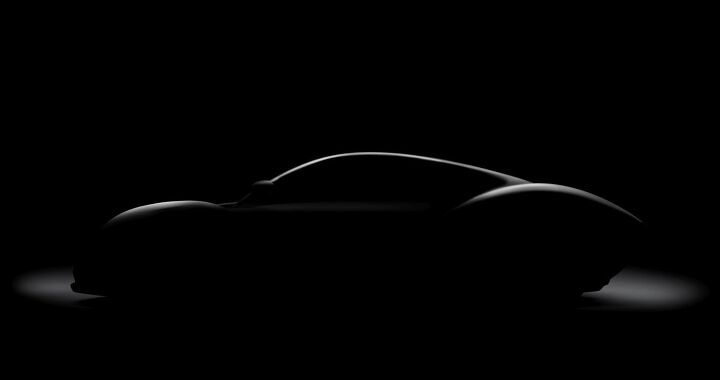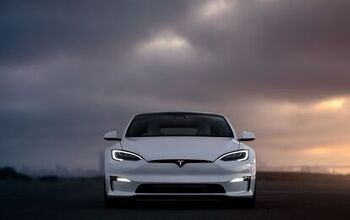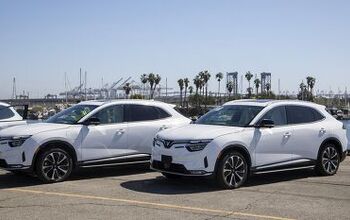Spooky: Hispano-Suiza Car Brand Hopes to Return From the Dead

It’s fitting that we’re bringing you this story today. For years, scientists have longed to resurrect a dead corpse, but there’s now a plan afoot to do the same with a long-defunct car brand: Hispano-Suiza.
Known for its production of aircraft engines as much as its series of glitzy, early 20th century automobiles, the original Hispano-Suiza brand ceased to exist in 1968, some 30 years after building its last car. Come next March’s Geneva Motor Show, we’ll see what the founder’ great-grandson has in mind for the brand’s future.
Going by the slinky, retro silhouette displayed on the company’s website, there’s a style-heavy supercar in the works. And it’s electric, the company claims.
Hispano-Suiza Fábrica de Automóviles S.A., founded in 1904, still exists under the corporate umbrella of Spain’s Grup Peralada, now run by founder Damián Mateu’s great-grandson, Miguel Suqué Mateu. The marque gained its fame from a wide range of aircraft engines, components, aircraft armament, and related aircraft inventions (including ejection seat design) manufactured by both the original Spanish company and a French arm that grew in independence until it was eventually swallowed by a competing aerospace company.
If you happened to be looking for a 36-liter, liquid-cooled aluminum V12 aero engine with a 20mm autocannon firing through the hollow propellor shaft during the interwar years, Hispano-Suiza was your best bet. Still, it was the brand’s well-appointed cars that gave it status in European high society.
Hispano-Suiza’s last car, the J12, was available only as a chassis sent to the coachbuilder of your choice, though the company did provide a 60-degree V12 engine displacing 11.3 litres for motivation. Heady stuff.
Despite its heritage, the model being shown in Geneva will dispense with gasoline, engine oil, other environmentally unsound bits, and a host of moving parts. Will it reach production? That sure seems to be the hope of the company’s boss, who promises a global car “offering great performance and manufactured in Barcelona.” Still, past attempts to stir up interest in the brand’s automotive return seemingly went nowhere.
We’ll have to wait and see what this Jessica Rabbit-esque car, clearly echoing Euro coachbuilders of the 1920s and 30s, does for its fortunes.
[Source: Motor Authority] [Image: Hispano-Suiza]

More by Steph Willems
Latest Car Reviews
Read moreLatest Product Reviews
Read moreRecent Comments
- ToolGuy Why would they change the grille?
- Oberkanone Nissan proved it can skillfully put new frosting on an old cake with Frontier and Z. Yet, Nissan dealers are so broken they are not good at selling the Frontier. Z production is so minimal I've yet to see one. Could Nissan boost sales? Sure. I've heard Nissan plans to regain share at the low end of the market. Kicks, Versa and lower priced trims of their mainstream SUV's. I just don't see dealerships being motivated to support this effort. Nissan is just about as exciting and compelling as a CVT.
- ToolGuy Anyone who knows, is this the (preliminary) work of the Ford Skunk Works?
- Kwik_Shift_Pro4X I will drive my Frontier into the ground, but for a daily, I'd go with a perfectly fine Versa SR or Mazda3.
- Zerofoo The green arguments for EVs here are interesting...lithium, cobalt and nickel mines are some of the most polluting things on this planet - even more so when they are operated in 3rd world countries.


































Comments
Join the conversation
Hopefully the car will have a Gloria Swanson lookalike as the product babe at the showing. Whether we get the Queen Kelly or Sunset Boulevard versions is up to question.
They should just update the 1924 H6C Tulipwood Torpedo. And do it in mahogany, per the original. https://fineartamerica.com/featured/hispano-suiza-tulipwood-john-crowe.html